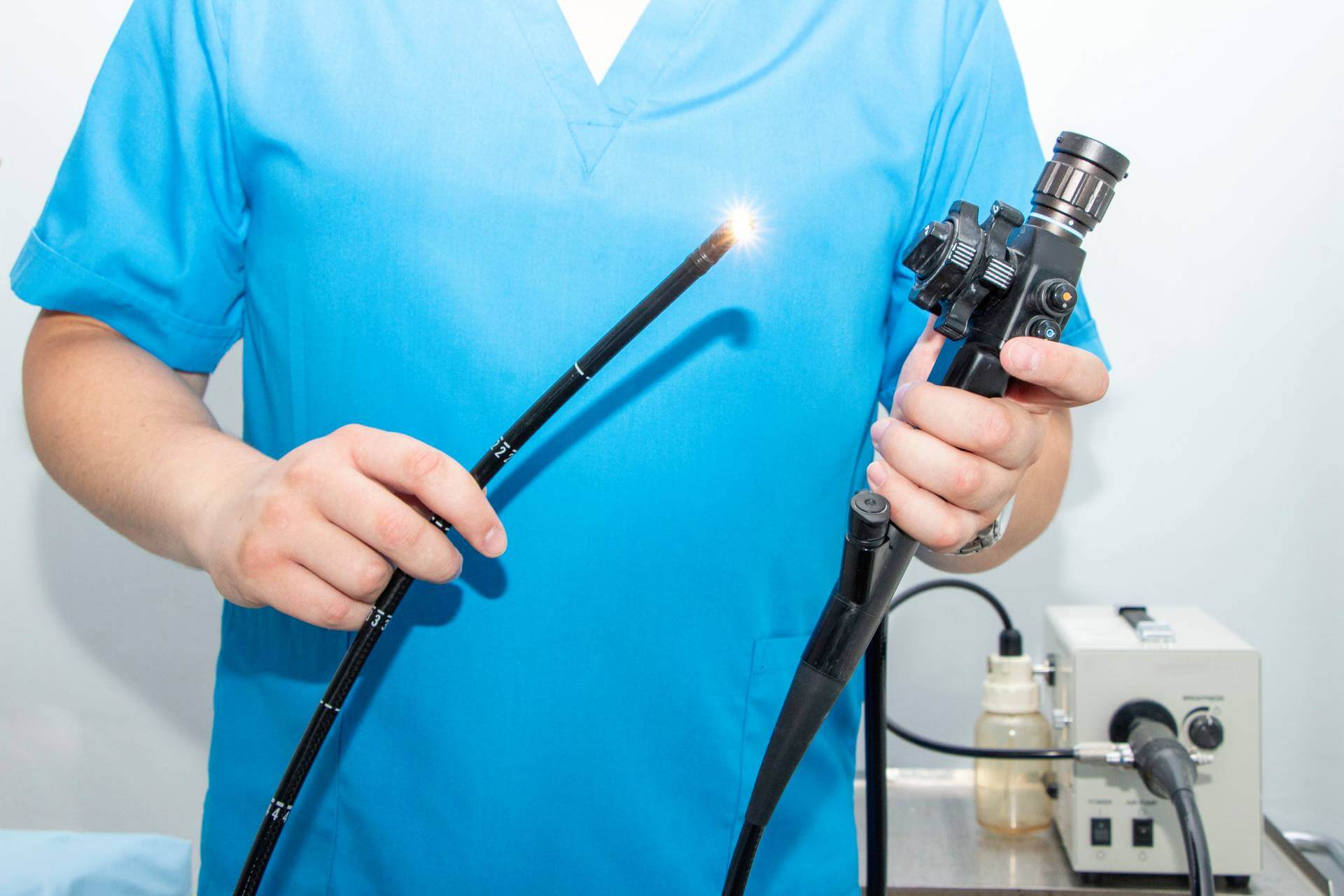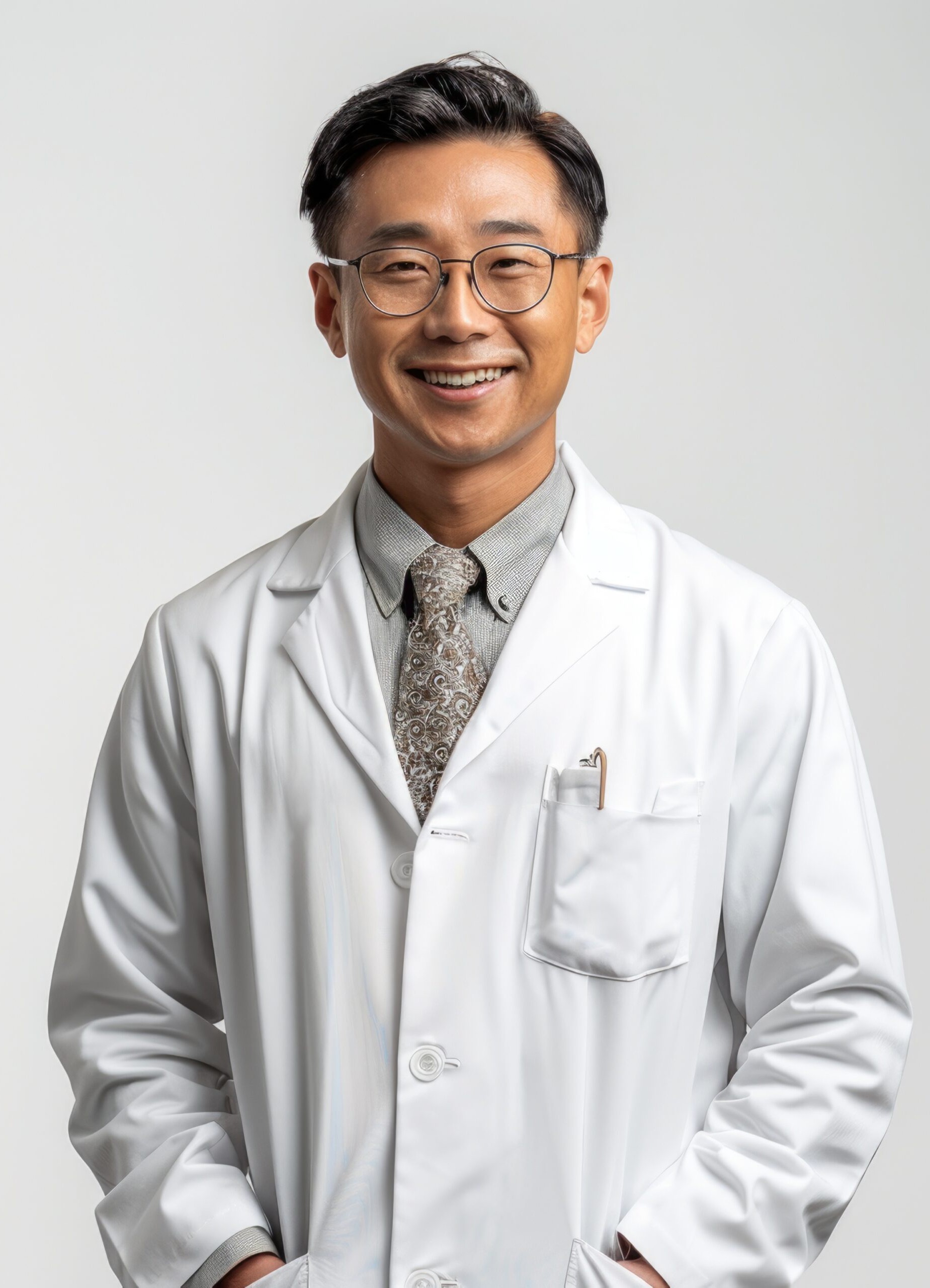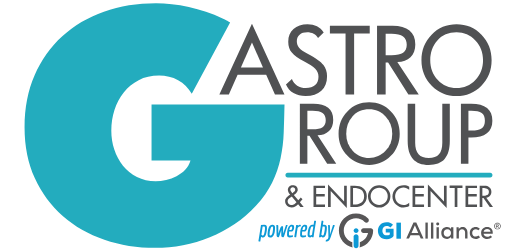Endoscopic Retrograde Cholangiopancreatography (ERCP) in Louisiana
What is an ERCP?
GastroGroup & Endocenter offers endoscopic tests to diagnose several types of digestive health disorders in patients. An endoscopic retrograde cholangiopancreatography (ERCP) is an endoscopic process where a slender, flexible tube or “scope” is inserted into the mouth and gently advanced to the duodenum or first portion of the small intestine. The scope is fitted with a light and a camera on the end of it which permits the provider to assess the inner lining of the esophagus, stomach, small intestine, the opening to the bile duct, and the pancreatic duct. An ERCP assessment may be recommended to diagnose the source of GI concerns, including:
- Abdominal pain
- Abnormal liver test
- Pancreatitis
- Abnormal x-ray results
Please reach out to our Louisiana practice today to request a visit with a GI physician to find out more about an endoscopic retrograde cholangiopancreatography.

What are the benefits of an ERCP?
An ERCP may be necessary if blood tests show abnormal liver results, if you’re experiencing inflammation of the pancreas, or if you have issues such as abdominal pain or yellowing of the skin and eyes. Some benefits of an ERCP are:
- Efficiency: The opportunity to diagnose and treat a health issue during one procedure often reduces the total treatment process for patients.
- Diagnostic and therapeutic: This approach may serve dual objectives, helping GI providers diagnose conditions or diseases and provide treatment during the same procedure. This can diminish the need to undergo multiple treatment processes.
- Reduced recovery periods: Individuals commonly have expedited recovery periods with an ERCP compared to conventional approaches involving surgery, facilitating a faster return to daily or routine activities.
- Enhanced precision: An ERCP helps enable the precise visualization of and treatment within the biliary and pancreatic ducts, which is vital for accurate diagnosis and treatment.
What should I expect the day before my ERCP procedure?
Before your ERCP, you will be given instructions from our team at GastroGroup & Endocenter detailing what to expect and how to prepare. The majority of patients can eat as you normally do the day ahead of the exam. You will be instructed not to drink or eat after midnight with the exception of any medications. It is very important to follow the information and instructions given to you by your provider. Further instructions surrounding your medications will likely be provided. In most cases, your medication regimen will be followed as usual. However, in certain circumstances, particularly in people on blood thinners, (i.e. aspirin, anti-inflammatories, warfarin, Plavix®, and Coumadin®) and in diabetics, specific instructions will be discussed.
What happens the day of the ERCP procedure?
Our team will ask you to arrive at the endoscopy center in Louisiana 1 – 1.5 hours before your ERCP evaluation. This will allow adequate time to complete paperwork and get ready for the evaluation. You will then need to change into a medical gown. Our clinical team will place an intravenous (IV) line in your arm to allow sedation to be given. We will also connect you to equipment to enable the doctor and our team to monitor your breathing, oxygen, pulse, blood pressure, heart rate, and electrocardiogram levels throughout the course of and after the ERCP.
Once in the exam room, you will then position yourself on your abdomen on the table. The IV sedation will be started. A small amount will be administered at a time to help ensure that you do not have an adverse reaction to the medication and to provide only the dosage you need individually. As opposed to other variations of endoscopic assessments, it is not uncommon for general anesthesia to be given for an ERCP exam. Once a sufficient sedation level is established, the endoscope device will be gently placed into the mouth. The endoscope will be gently forwarded through the esophagus and down into the stomach, and small intestine to where the pancreatic and bile ducts empty into the small bowel. A small portion of air is administered through the endoscope into the digestive system to aid in visibility. With and ERCP procedure, contrast dye is injected into the biliary duct and pancreatic duct. An x-ray imaging machine is utilized to capture images of ducts to detect whether there are any irregularities or concerns. Any fluid remaining in the upper gastrointestinal tract can be suctioned out via the scope. Based on the findings of the procedure, several processes can be performed during the course of the test, including tissue biopsies, sphincterotomy (opening the bile duct or pancreatic duct), removal of gallstones from the bile ducts or stones from the pancreatic ducts, or placement of stents (plastic/metal tubes) into the bile duct or pancreatic duct. Once the procedure is complete, as much of the remaining fluid and air as possible will be extracted through the endoscope. On average, the process takes about 30 – 90 minutes to perform based on the results.
Once the exam is over, you will be taken to the recovery room to be evaluated while the sedative effects begin to subside. The amount of sedation given throughout the ERCP test and your body’s response to the medication will impact how soon you wake up; however, most patients are awake enough for dismissal within 45 – 60 minutes. You cannot drive any vehicles for the rest of the day; therefore, you should arrange for a ride home in advance. You will also be instructed not to perform strenuous activities, sign important documents, or work for the rest of the day. The majority of individuals can eat and drink as normal after being dismissed from the endoscopy unit, though certain instructions involving eating, medications, and activity will be given before discharge. There may be times when ERCP patients may need to stay in the hospital overnight for monitoring or assessment.
When can I expect the results of my ERCP?
Following the exam, the specialist and/or nurse will go over the findings of the test with you. Many patients will not recall what they are told following the exam because of sedation medication. Our GastroGroup & Endocenter team highly recommends you have someone with you to whom the outcomes can also be provided. You will also be given a typed report and will be advised of any biopsy or other test results typically within a week.
What are the risks of an ERCP?
In general, endoscopic retrograde cholangiopancreatography is known to be a very safe process. In most situations, complications are not life-threatening, however, if a complication occurs, it may lead to hospitalization and surgery. Prior to the evaluation, a consent form will be reviewed and discussed with the patient by the nursing team. Treatment risks will once again be explained by the doctor before the procedure begins, and any concerns or questions can be discussed.
Acute pancreatitis, or inflammation of the pancreas, is the most predominant complication. This may develop in 5 – 8% of cases, although, depending on individual factors, the risk can run as high as 20%. Indications of pancreatitis often include abdominal pain, nausea, vomiting, and in some cases, fever. The majority of pancreatitis cases are not severe and require a hospital stay of four days or less. During hospitalization, patients usually only need pain and nausea control along with IV fluids. A small percentage of the time, however, pancreatitis can be more serious and can even be life-threatening.
Medication reactions associated with sedation can occur. Reactions can include allergic reactions, difficulty breathing, effects on the heart and blood pressure, and irritation of the vein used to give the medication. Bleeding can result from biopsies or a sphincterotomy. Major bleeding which might indicate a hospital visit or a blood transfusion, is not a common occurrence.
Perforation or piercing of the esophagus, stomach, or small bowel can take place. Such an event may be recognized during the ERCP procedure, or it might not be noticed until later. Most of the time, a perforation of this type will require a hospital stay and surgery. This is a highly uncommon complication, even when biopsies or a sphincterotomy is performed.
In addition, in 5 – 10% of patients, the ERCP exam may not be able to be carried out for several reasons. It is essential that the patient contact the physician’s office promptly in the event any symptoms occur following the exam, such as increasing abdominal pain, bleeding, or fever.
Like any other exam, ERCP is not perfect. There is a slight, accepted risk that conditions, including malignancies, may not be identified with the exam. It is critical to continue to seek care from your doctors as instructed and make them aware of any ongoing or new symptoms or issues. If you are in need of an ERCP in Louisiana, our GI doctors can help you choose the ideal approach for you.
Are there any alternatives to an ERCP?
In certain instances, the alternatives to the procedure will be based on the underlying reason for the endoscopic retrograde cholangiopancreatography. For most patients, the ERCP procedure is the ideal way to examine and address irregularities in the pancreatic and biliary structures. However, a radiographic (x-ray) image known as a magnetic resonance cholangiopancreatography (MRCP), percutaneous transhepatic cholangiogram (PTC), or endoscopic ultrasound (EUS) or echo-endoscopy can also examine the bile and pancreatic ducts. It is important to note that magnetic resonance cholangiopancreatography is only used for diagnostics. Treatment of concerns will require an ERCP procedure or a surgical approach. Furthermore, endoscopic ultrasound or percutaneous transhepatic cholangiogram do have treatment alternatives.
ERCP FAQs
What are some questions to ask my GI provider about ERCP?
If you discover that you require an ERCP, you’ll likely have several of questions and may not know where to begin. Questions to consider asking your GI provider might include:
- What does your GI specialist anticipate finding during this procedure?
- What is the overall success rate of an ERCP procedure?
- Should a complication arise, are there any symptoms or signs you might notice?
What should you avoid doing after an ERCP?
You should avoid operating a vehicle for 24 hours after an ERCP procedure because the sedative medication might take that long to leave your body fully. As such, we ask you to have a friend or family member drive you home from your procedure. You may be instructed to hold off on eating for a while, depending on what type of treatment is conducted during the course of your ERCP. We also recommend taking the remainder of the day and potentially the following day off work to recover. Your GastroGroup and Endocenter team can help ensure you understand what to anticipate throughout the course of the ERCP procedure.
What types of procedures can be conducted during an ERCP?
Your GI provider can perfrom several treatments during an ERCP. A few of the common procedures performed include:
- Placement of stents
- Tissues sampling (biopsies)
- Stone removal (gallstones and bile duct stones)
- Sphincterotomy of the biliary sphincter
How can I prepare for an ERCP procedure?
Our Louisiana gastroenterology team can offer details on how best to prepare for your ERCP. However, a few instructions you’ll most likely be asked to follow include:
- Do not eat or drink for eight hours before your procedure. (Water may be okay to consume. Consult your physician for confirmation.)
- Do not smoke for eight hours prior to your ERCP procedure.
- Give your GI provider a list of all prescription and nonprescription medications you are currently taking in addition to any allergies you may have.

